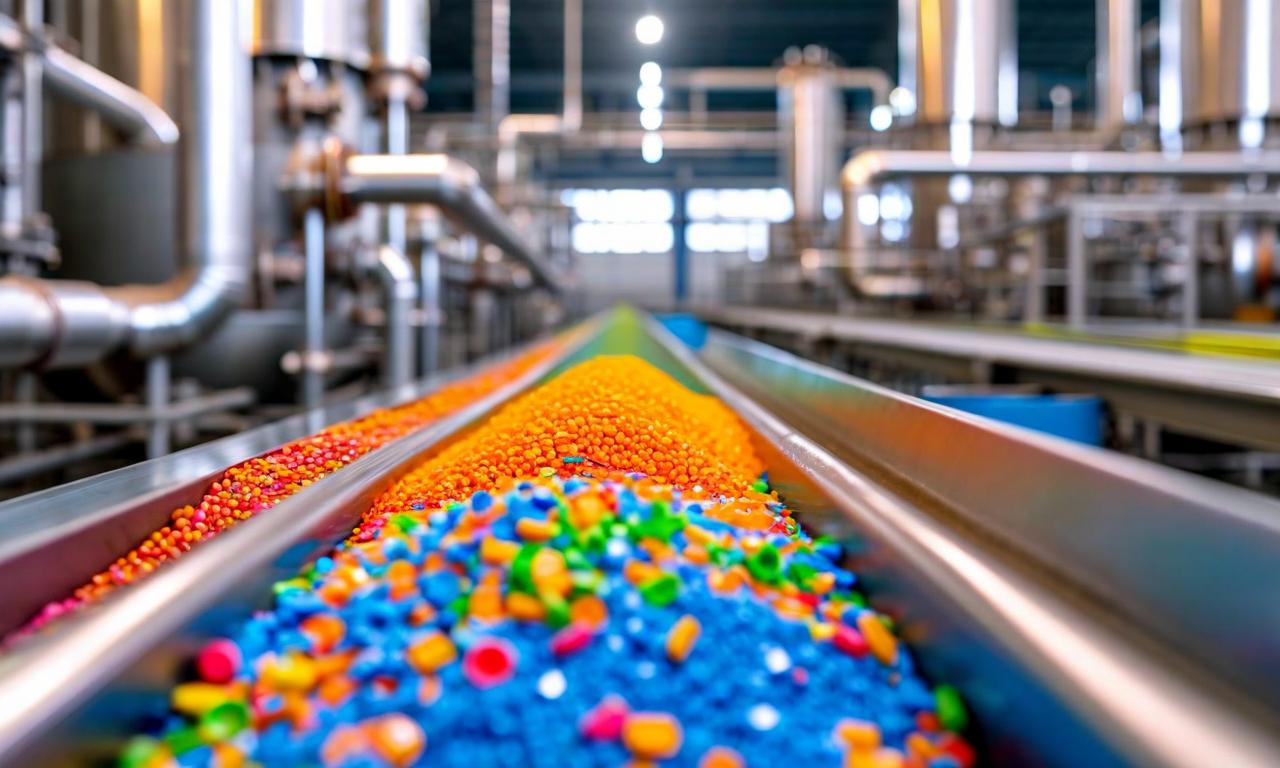DHS Designates Steel, Copper, and Lithium as High-Priority Materials
The Department of Homeland Security (DHS) has designated steel, copper, and lithium as high-priority materials, emphasizing their critical importance across various industries and potential implications for national security and economic stability. This classification highlights the crucial role of these resources in sectors such as construction, technology, energy, and automotive. The decision may lead to increased focus on domestic production, supply chain security, and potential policy changes affecting international trade and industry strategies.

*this image is generated using AI for illustrative purposes only.
The Department of Homeland Security (DHS) has taken a significant step by classifying steel, copper, and lithium as high-priority materials. This move underscores the critical importance of these resources across various industries and has potential implications for national security and economic stability.
Impact Across Industries
The designation of these materials as high-priority by the DHS highlights their crucial role in several key sectors:
Steel
A cornerstone of the construction industry, steel is essential for:
- Infrastructure development
- Building construction
- Manufacturing
Its high-priority status may lead to increased focus on domestic production and supply chain security.
Copper
Widely used in electronics and electrical systems, copper is vital for:
- Technology sector
- Energy sector
- Telecommunications
- Renewable energy
Lithium
A key component in battery manufacturing, lithium's importance has grown significantly with:
- The rise of electric vehicles
- Increased use of portable electronics
This classification may influence strategies in the automotive and tech industries.
Potential Implications
The DHS's decision to prioritize these materials could have several consequences:
- Supply Chain Focus: Increased attention on securing reliable supply chains for these materials, potentially leading to new policies or initiatives.
- Domestic Production: Possible incentives or support for increasing domestic production of steel, copper, and lithium.
- International Trade: Potential impacts on international trade relationships, especially with countries that are major producers or consumers of these materials.
- Research and Development: Increased investment in R&D for alternative materials or more efficient use of these resources.
Industry Reactions
While specific industry reactions are yet to emerge, this classification is likely to prompt discussions among manufacturers, suppliers, and policymakers. Companies heavily reliant on these materials may need to reassess their supply strategies and consider potential regulatory changes.
Conclusion
The designation of steel, copper, and lithium as high-priority materials by the DHS marks a significant development in resource management and national security considerations. As the situation evolves, stakeholders across affected industries will be closely monitoring any policy changes or initiatives resulting from this classification.
























